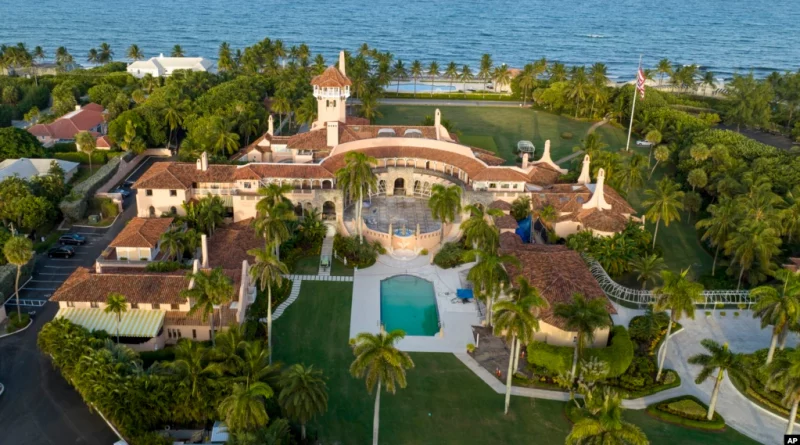Some of the evidence that led to the search of the Trump residence may be made public
Some of the evidence that led to the search of the Trump residence may be made public
A federal court in West Palm Beach was deciding whether to make public the sealed documents that led to the Aug. 9 FBI search of Trump’s Mar-a-Lago, Florida, residence. The lawsuit was filed by U.S. news organizations, including The New York Times and Wall Street Journal, as well as ABC News, NBC News and CNN.
Following the hearing, Justice of the Peace Federal Judge Bruce Reinhart said he was inclined to release some of the sealed documents, which include some of the evidence provided by the Justice Department that led to the search.
The judge ordered the DOJ to provide him with a redacted version of the sealed affidavits of witnesses that were the evidentiary basis for the decision to search the Trump residence. The redacted version is due by noon next Thursday. That said, the DOJ will have the opportunity to appeal if prosecutors do not agree with their proposed version.
The Justice Department opposes releasing the testimony under oath because it could jeopardize further investigation.
Jay Bratt, head of the Justice Department’s counterintelligence and export control division, told a judge Thursday that releasing the affidavit is not in the public interest because it could hurt the ongoing investigation. “There is another public interest at stake, and that is the public interest in allowing criminal investigations to move forward unimpeded,” he said.
The Aug. 9 FBI search was part of a federal investigation – into the legality of Trump’s storage and removal of documents when he left the White House and afterward.
The Justice Department is investigating possible violations of three laws, including a provision of the Espionage Act that prohibits possession of national defense information and another law that makes it a crime to knowingly destroy, conceal or falsify documents with the intent to obstruct an investigation.
Attorneys for several media outlets said at Thursday’s court hearing that the public’s right to know the truth and the historical significance of the search outweighed any argument for keeping the records secret.
” The most compelling interest of the public is to ensure maximum transparency about this search,” said Charles Tobin, one of the attorneys speaking on behalf of the media companies.
On Aug. 12, a federal court in the Southern District of Florida declassified a search warrant and several accompanying documents at the Justice Department’s request that showed FBI agents had taken 11 boxes of classified documents from Trump’s Mar-a-Lago estate.Some were marked “top secret,” the highest level of classification used for the most closely guarded information. Such documents are usually kept in special government offices because disclosure of the information could harm U.S. national security.
